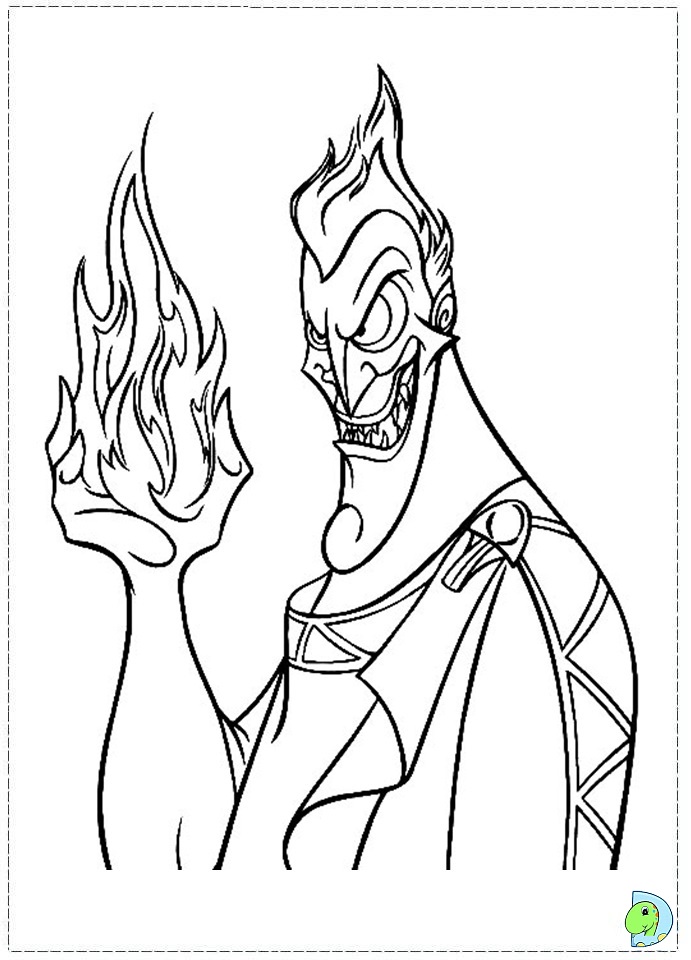

Examining how people living in earlier centuries interpreted the ancient world is an important part of understanding how modern views of the Greeks and Romans came about – our perception of Rome is not direct, but filtered through the lens of how others in the less distant past saw it.

In addition to the Greco-Roman pieces, dotted around the exhibition space there are also sculptures from the Middle Ages, paintings from the Renaissance, and works by contemporary artists. It is perhaps for this reason too that the long chronological span of the material feels disconnected. One is abandoned to admire the nice objects – satisfying in itself, but presumably not the intention of the curators. And while in some cases this might be obvious when viewing individual pieces, it is all too easy to forget that there is an overall concept behind the assemblages of items. While a text panel introduces each section, the visitor is then left to look at the numerous accompanying objects without further explanation as to how they tie in with the theme. Following these divisions and understanding exactly what they are attempting to demonstrate is difficult. The objects are grouped into five sections: ‘the eternity of an instant’, ‘the eternal fame of heroes’, ‘the order of the kosmos’, ‘works and days’, and ‘divine humans’. But the exhibition doesn’t follow through. Given the regularity with which people (not least politicians) refer to the ancient world as justification or explanation for current events (usually erroneously), then exploring how our relationship to this past was constructed is a very relevant subject. It is because digging down into what the ancients actually thought, we find that their societies were incredibly different from our own. The Classical past looks so familiar because much of modern Western culture has borrowed from it, but the mirror image looks off. A colleague once describe our perception of the Greco-Roman world as that of the reflection from a distorted mirror, of the kind found at a carnival.


 0 kommentar(er)
0 kommentar(er)
